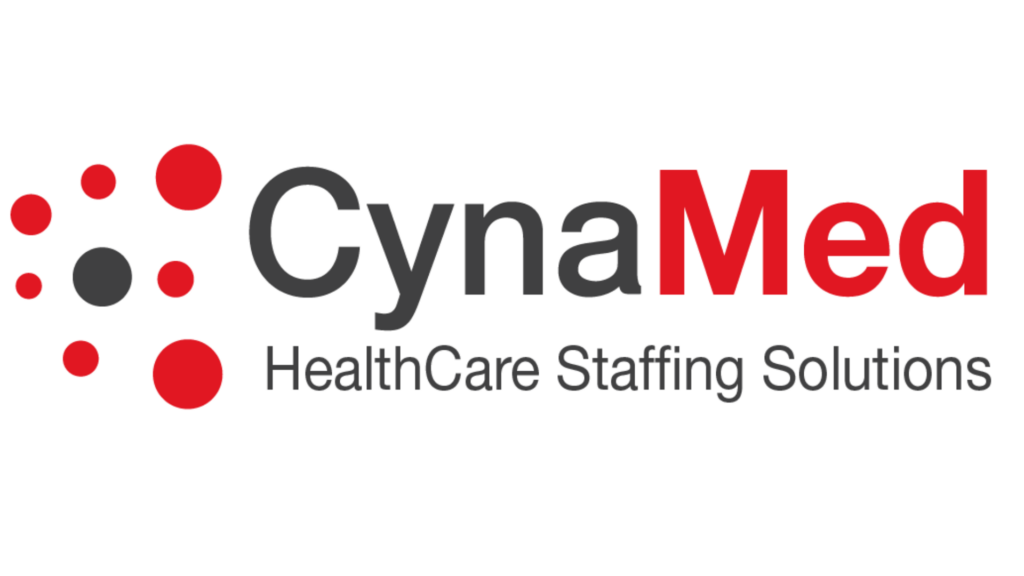Patient care is an intricate and multifaceted field. Healthcare professionals juggle a wide array of responsibilities, ranging from administering medical treatments to providing essential custodial care. For many, the term “custodial care” might seem unfamiliar, but it plays a crucial role in improving the quality of life for patients, especially those facing mobility challenges or chronic conditions.
What is Custodial Care?
At its core, custodial care involves assisting individuals with activities of daily living (ADLs). These are the basic tasks that many of us take for granted, such as eating, bathing, dressing, and using the restroom. While these tasks are non-medical in nature, they are fundamental to maintaining independence and dignity for those needing assistance.
This type of care is typically provided by Certified Nursing Assistants (CNAs) or Licensed Practical Nurses (LPNs), who support patients in performing these essential tasks. Although it doesn’t require the advanced skills of Registered Nurses (RNs) or doctors, it is still invaluable to the patient’s overall well-being.
It’s also important to note that custodial care differs from skilled care. Skilled care involves more complex medical procedures that require the supervision of senior healthcare professionals. In contrast, custodial care can be safely performed by non-licensed individuals, making it an accessible and crucial component of healthcare. Lastly, it can take place in various settings, including healthcare facilities, senior living residences, or even a patient’s home.
Custodial Care Definition, Tasks, and Responsibilities
Now that we’ve explored the basics of custodial care, let’s take a deeper dive into the specific tasks and responsibilities involved. A typical day might start with helping a patient wake up, get dressed, and perform basic hygiene tasks like brushing their teeth. During the day, professionals assist with eating, bathing, and changing clothes, ensuring patients remain comfortable and clean.
In addition to these essential ADLs, this type of care can also include tasks like managing laundry, helping with finances, or accompanying patients to appointments and social outings. These are often referred to as instrumental activities of daily living (IADLs).
Typically, the level of custodial care required varies based on a patient’s health status and physical abilities. Some may need assistance with only a few tasks, while others may require help throughout the day. Regardless of the level, this type of care is always provided with the patient’s best interests in mind.
Kickstart Your Career with CynaMed
Are you interested in starting a career in healthcare? If so, CynaMed is the place for you! With our help, you can find a suitable job that matches your experience and skill level. For more information, please call us at 412-325-3420. We would love to hear from you!






